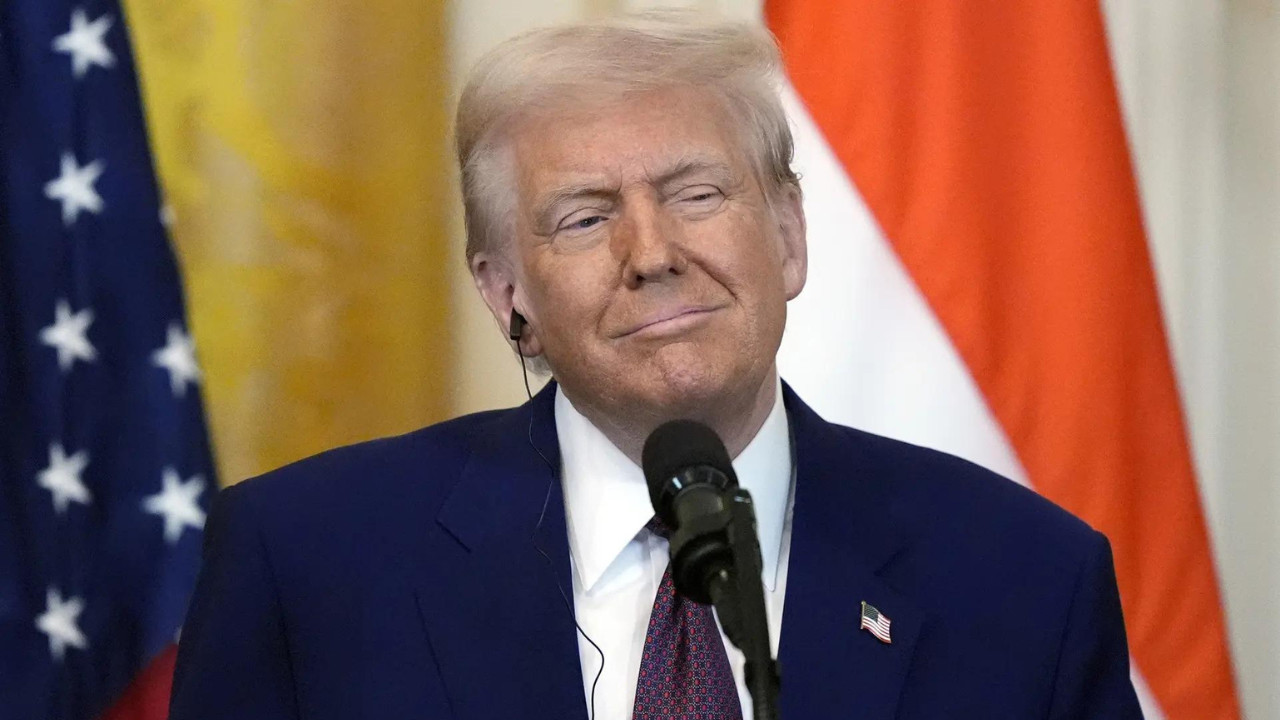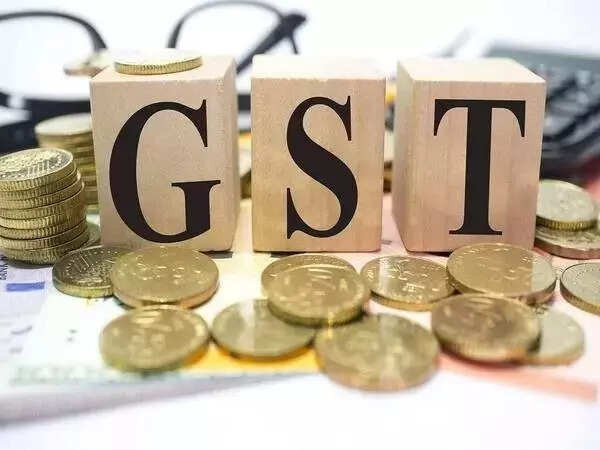Crypto Crackdown: Are Indian Investors Finally Under the Taxman’s Microscope?
The digital gold rush that gripped India, sending many racing to dive into the world of cryptocurrencies, seems to have caught the attention of a new player: the Central Board of Direct Taxes (CBDT). And no, they’re not investing. They’re investigating.
Rumblings in the financial world suggest that the CBDT is taking a long, hard look at potential tax evasion stemming from crypto investments. This isn’t your casual “are they declaring their profits?” inquiry. It’s shaping up to be a potentially widespread probe, with reports indicating investigations are already underway in several major Indian cities.
Think of it like this: the taxman is finally tuning into the crypto symphony that’s been playing for years, and he’s not liking some of the off-key notes he’s hearing.
For a while, the Indian crypto landscape felt a bit like the Wild West – exciting, brimming with opportunity, but also largely unregulated. The government’s initial hesitation to embrace crypto wholeheartedly only added to the ambiguity, leaving many investors unsure of the exact rules of the game. While some played by the (admittedly vague) book, others, it seems, may have taken liberties.
And that’s where the CBDT comes in.
The crux of the matter? The tax authorities suspect that significant profits earned from crypto trading haven’t been properly declared, leading to potential tax liabilities going unpaid. This isn’t just about a few individual cases; the investigation reportedly focuses on instances where individuals and entities may have used complex layering techniques or offshore accounts to conceal their crypto gains.
This raises a crucial point: the perceived anonymity of crypto transactions. While blockchain technology offers transparency in terms of transaction history, masking the identity of the transactors can be surprisingly easy with a bit of know-how. This has allowed some individuals to operate under the radar, potentially skirting tax obligations.
But the CBDT isn’t simply relying on guesswork. The investigative efforts allegedly involve sophisticated data analytics and collaboration with financial intelligence units. They’re piecing together transaction patterns, analyzing fund flows, and tracing the ultimate beneficiaries of these crypto investments. Imagine a digital detective meticulously following a trail of breadcrumbs, only those breadcrumbs are encoded in cryptographic algorithms.
What does this mean for the average Indian crypto investor?
Well, first and foremost, it’s a wake-up call. The days of operating in a perceived tax-free haven are clearly over. If you’ve been diligently declaring your crypto gains and paying your taxes, you likely have nothing to worry about. However, if you’ve been… less diligent, now might be the time to consult with a tax professional and ensure your records are in order.
Beyond individual investors, this crackdown also highlights the need for clearer and more comprehensive regulations surrounding cryptocurrencies in India. The government has taken steps, including imposing a 30% tax on crypto gains and a 1% TDS (Tax Deducted at Source) on transactions. But these measures, while significant, only scratch the surface.
A robust regulatory framework needs to address key issues like:
* Clarity on Classification: Are cryptocurrencies assets, commodities, or something else entirely? The answer has huge implications for taxation.
* Defining the Scope of Taxation: How are profits and losses calculated? What are the allowable deductions? Clear guidelines are essential.
* Preventing Money Laundering and Illegal Activities: Enhanced KYC (Know Your Customer) and AML (Anti-Money Laundering) measures are crucial to prevent crypto from being used for illicit purposes.
Ultimately, the CBDT’s investigation could be a catalyst for a more mature and transparent crypto ecosystem in India. While the immediate impact might be increased scrutiny and potential penalties for tax evaders, the long-term benefits could include greater investor confidence, increased institutional participation, and a more sustainable market.
This crackdown also serves as a global reminder: no matter how innovative or decentralized a technology is, it doesn’t exist outside the reach of regulation and taxation. As cryptocurrencies continue to evolve and gain mainstream acceptance, governments worldwide will inevitably tighten their grip, ensuring that these digital assets contribute their fair share to the economy.
So, keep your eyes peeled. This is only the beginning of a fascinating chapter in India’s crypto story. And the ending is anything but certain.
📬 Stay informed — follow us for more insightful updates!







